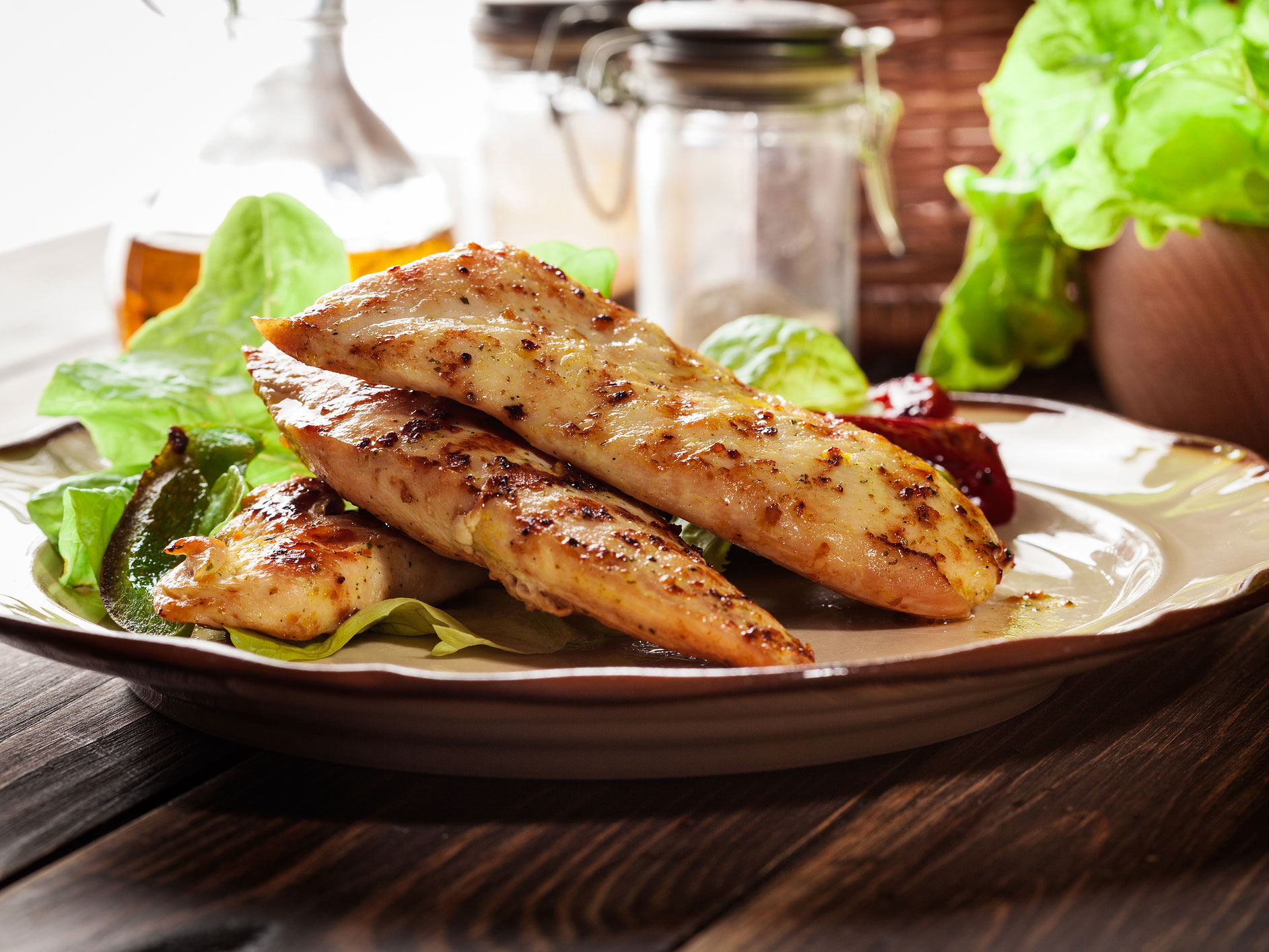Get Easy Health Digest™ in your inbox and don’t miss a thing when you subscribe today. Plus, get the free bonus report, Mother Nature’s Tips, Tricks and Remedies for Cholesterol, Blood Pressure & Blood Sugar as my way of saying welcome to the community!
Why all the fuss about protein is a waste of time

Protein. Protein. Protein. We are obsessed with protein.
Most of us think that if we don’t eat meat, fish, eggs or dairy we are not getting any protein in our diets.
But, meat, fish, eggs and dairy are NOT protein. They are FOODS. And the protein content of those foods is not necessarily related to the protein content of our bodies.
Because the only protein that’s present in our bodies was made inside our bodies.
You heard me right…
Confusion over protein
We don’t actually absorb ANY protein from our diet. We absorb amino acids — the building blocks of protein.
Amino acids are what’s left after we break down protein inside our digestive system. And those amino acids can come from breaking down plant-based foods just as much as they can come from animal sources.
If you ever took biochemistry you might remember that amino acids are nitrogen-based. If you’re a gardener, you know that nitrogen is an important component of plant fertilizers — because plants use that nitrogen to make amino acids.
Animals eat plants and obtain amino acids that way. Animals, including humans, can also make some amino acids internally. We then take those absorbed and manufactured amino acids and connect them together inside our cells to create the proteins we need — as directed by our DNA.
This explains why an animal that eats only plants — like a cow, horse or gorilla — can end up highly muscular. They get all the amino acids they need to build that muscle from the plants they eat.
Of the 20 different amino acids we use to construct proteins, our bodies can make 11 of them. The other 9 are called “essential” amino acids, and we can only get them through our diet.
Meat, fish, eggs and dairy happen to supply all 9 essential amino acids at the same time, which is why they are called “complete” protein sources. However, plants can also supply all these 9, just typically not from one plant. Which is why you may have heard of needing to combine beans with rice to get a “complete” protein source.
By the way, this idea that you must eat certain plants in combination at the same time to be able to get your complete proteins is a myth. Our bodies are far more clever. It’s the overall combination of foods that matters.
The “protein for muscles” myth
The other myth is that eating a high protein diet is somehow magically health-promoting or builds muscle.
Our DNA decides which proteins we make, and how much. If you’re not exercising, your DNA won’t tell your cells to make muscle protein, because it’s not needed. In fact, your body won’t use any amino acids it doesn’t need.
So, what happens to all the excess amino acids floating around your bloodstream after you eat half a chicken? The body can turn those into sugar or even fat. Which is why high protein diets won’t necessarily make you skinny — or improve blood sugar control.
And how much protein do we really need to get adequate amounts of amino acids? About 0.8 grams per kilogram of lean body weight per day. That’s actually not very much. The Institute of Medicine has provided some average guidelines stating that women need only around 46 grams of protein while men need around 56 grams per day.
Just 4 ounces of lean ground beef provides 28 grams of protein, while 4 ounces of chicken breast contains 36 grams of protein, and 5 ounces of salmon provide about 28 grams of dietary protein. So, you can see how easy it is to get to adequate — or even excess — levels through animal-based sources.
Beans contain about 15 grams per cup, nuts deliver about 5 grams per ounce, and vegetables about 5 grams per cup, while whole grains are somewhat closer to 10 grams per cup.
Clearly, you can get to appropriate protein amounts through plant-based sources quite easily as well. In fact, about one of the last things we need is any food product that is protein-fortified!
But isn’t animal protein better?
A 2016 study published in JAMA shows that eating more plant-based protein increases your lifespan… or does it?
Researchers analyzed close to 30 years of data from two large health studies and found that people who got their protein from a lot of meat, eggs or dairy were more likely to die prematurely than those got their protein from breads, cereals, pasta, beans, nuts and legumes.
But there were a couple of caveats…
When researchers dug a little further, they found that the increased risk of premature death primarily applied to red meats like beef and pork. Protein from chicken and fish didn’t seem to have the same deadly consequences.
The take-away?
Stop obsessing about protein. It doesn’t guarantee better health. And it’s easy to get adequate amounts through almost anything you eat.
Honestly, we are making this all unnecessarily complicated. Because when it comes to what we need to eat to attain optimal health, the big secret is that there is no big secret. And it has nothing to do with protein per se: Eat real food. Not too much. Mostly plants.
Visit Step One Foods for more.













